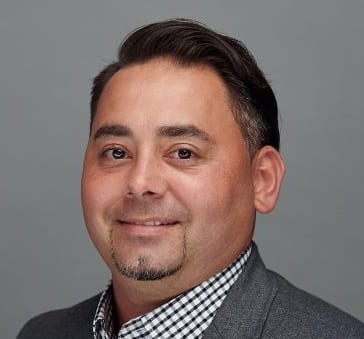Jamie Lee Soto
Subaru of America
Global Parts and Acessories Logistics Manager
Jamie's career at Subaru of America began in 2000, where he started as a Warehouse Associate and steadily progressed through roles of increasing responsibility. By 2008, he had established himself as a Warehouse Supervisor, focusing on optimizing shipping, receiving, inventory control, and returns operations. His initiatives in process improvement and productivity standards set a foundation for his subsequent career advancements. He transitioned into pivotal roles such as National Accessory Inventory Manager and later as Global Parts and Accessory Logistics Manager. In these positions, he led critical functions including forecasting, inventory planning, and managing complex logistics networks. His career spans various key roles where he has consistently demonstrated a strategic approach to enhancing organizational efficiencies and operational excellence. His strategic insights, coupled with a strong focus on personnel development and sustainable practices, have been integral to the company's success and growth in the automotive industry.

